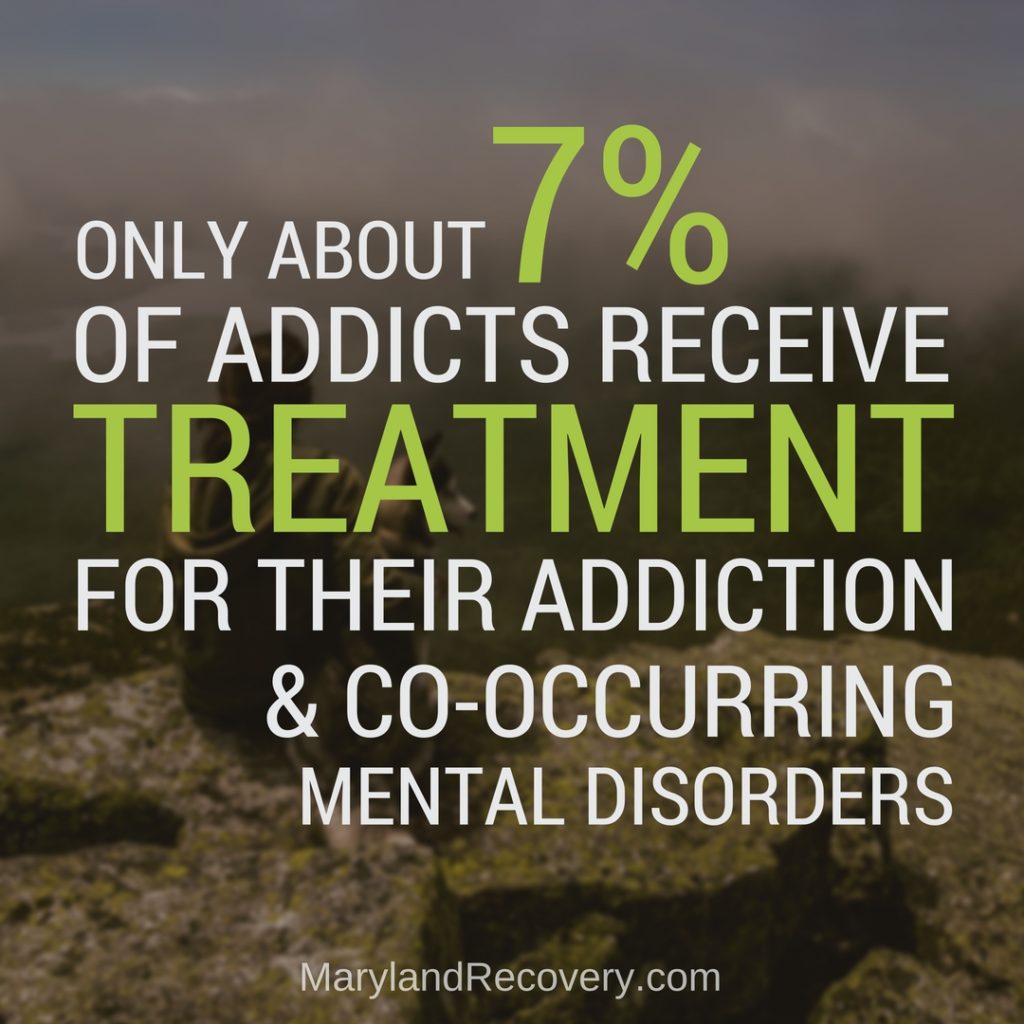An Overview of America’s Most Common Mental Disorder: Depression
Those who have experienced depression are all too familiar with comments from misguided friends such as, “Snap out of it,” or, “Just get up and do something.” People don’t say the same to others who have a chronic disease, but depression is just as much of an affliction. Even those suffering from depression might have a hard time understanding what they are personally experiencing, and they often blame themselves for not being able to control it.
Understanding the Signs of Depression
Consider the three following overarching results of depression:
- Sadness
- Anger
- Guilt
- Hopelessness
- Social withdrawal
- Lack of energy
- Low motivation
- Poor concentration
- Sleep problems
- Significant changes in appetite
- Poor self-esteem
- Thoughts of suicide
- Loss of interest in regular activities
View Causes of Depression Infographic

Treatments and Therapies for Depression
The exact causes of depressive disorders are poorly understood, but medical experts have identified many factors that influence the illness. We know that changes to hormones in the brain called neurotransmitters can have a major effect on depression. Many medications used in the treatment of depression function by increasing the levels of these neurotransmitters.
We also know that genetics play an important role in depression. People who have a family history of depression are more likely to experience the disorder. Often, the cause is a combination of environment and genetics. However, just because your parents have a depressive disorder doesn’t mean you necessarily will.
Help for Long-Term Depression
Environmental factors wield great influence. Living in poverty, experiencing a traumatic event, or other stressful situations may trigger the disorder. Depression does not always have a clear trigger, which leads to many people to not understand why they feel so down.
Treatment for depression usually includes long-term psychotherapy and medication to identify the cause(s) and ensure the sufferer has the wherewithal to return to a more satisfying life. Either type of treatment can work on its own, but a combination of medication and therapy has shown to be the most effective approach.











